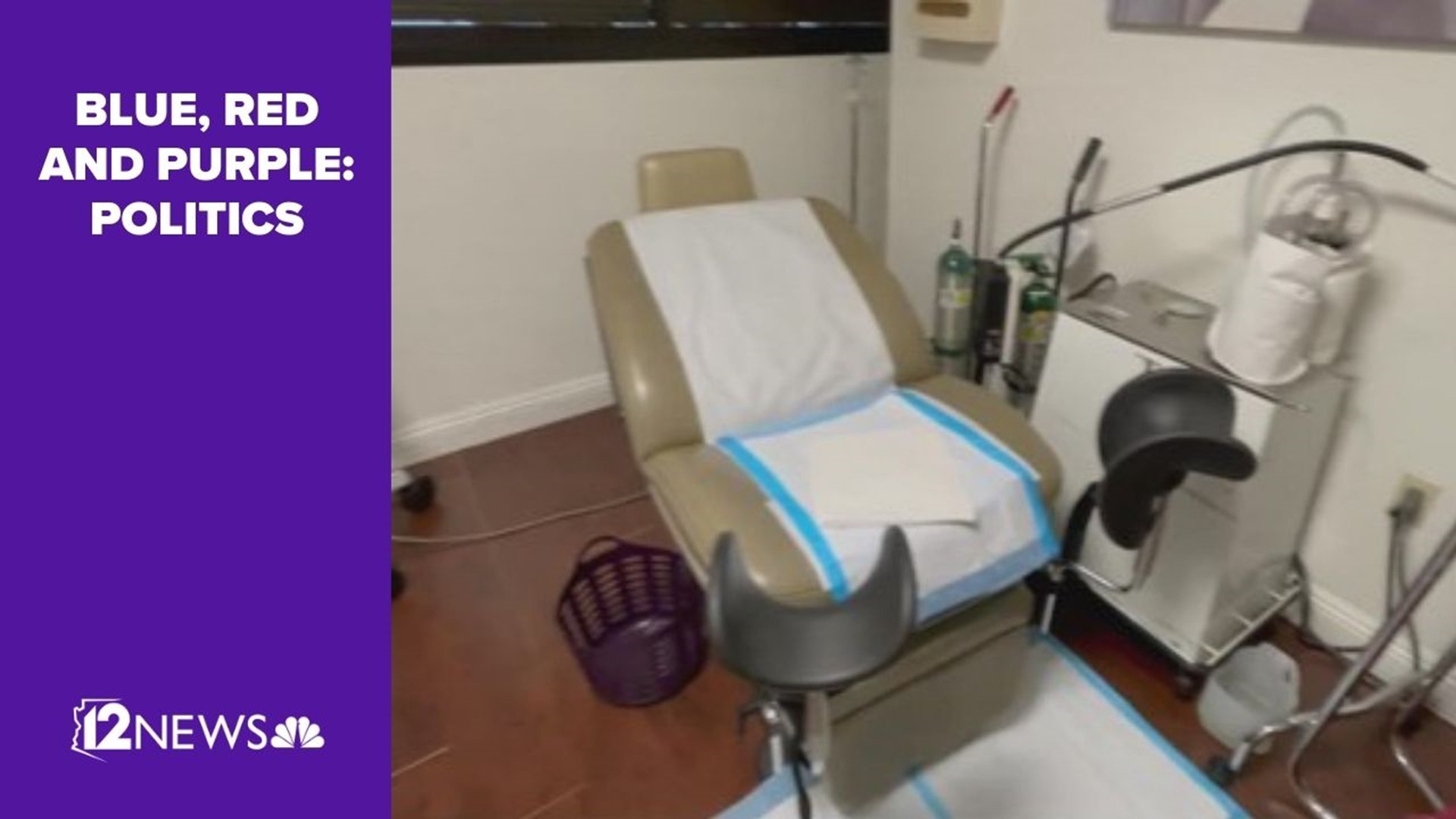ARIZONA, USA — The Supreme Court decision overturning Roe vs. Wade has raised a lot of questions and confusion about the law in Arizona.
And recently, people across the country have been raising the question of whether tribal lands could be so-called “safe havens” or “safe harbors” for abortion access because it’s sovereign land.
12 News first started looking into this after a City of Tucson Council Member Steve Kozachik said the city was working on giving land to the nearby Pascua Yaqui tribe for a Planned Parenthood clinic. The comments were published in a KVOA piece Friday. It turns out - Kozachik was wrong.
On Sunday, Kozachik retracted his comments, saying they were not grounded in solid legal counsel and not based on conversations with the city or representatives of the tribe.
"I think people are just looking for answers and solutions," said Stacy Leeds, a professor of law and leadership at ASU Law.
She and some of her colleagues across the country fielding questions about clinics on tribal land daily since the Supreme Court’s draft decision was leaked earlier this year.
Her take is that a scenario like this is possible but highly unlikely. And it could come with consequences.
In an interview with 12 News Monday, Leeds said she's never seen any tribe do this and hasn't heard of any tribe discussing plans to do so either.
Abortion access on tribal lands is already slim. Leeds explained that most tribal healthcare funding comes from the U.S. government's Indian Health Service. Federal law largely won't allow for federal dollars to fund abortions.
She added, that if a tribe were to do this with its own or private money, it probably wouldn’t work for non-Indians, even if a procedure is done on tribal land.
"Anytime you introduce non-members of the tribe, that’s going to implicate either state or federal jurisdiction," Leeds explained.
The Mayor’s Office in Tucson said Mayor Regina Romero wasn’t aware of any plan for this to happen on the Pascua Yaqui reservation.
Kozachik further scaled his statements back in a retraction notice, saying non-Indian residents wouldn’t be "beyond the reach of federal or state law."
"All of the conversations seem to be started by people who are non-Indian trying to see if Native American communities might provide some service to them," Leeds stated. "It’s not an organically, tribally motivated conversation at this point."
As for Tucson ceding land to the Pascua Yaqui tribe, that’s actually part of a congressional bill that passed the US House last year. But again, there are no plans right now for Planned Parenthood to go on that site.
Planned Parenthood of Arizona, the Attorney General for the Pascua Yaqui tribe and Kozachik's Office could not be reached for comment by the time of this publication.
Up to Speed
Catch up on the latest news and stories on the 12 News YouTube channel. Subscribe today.

